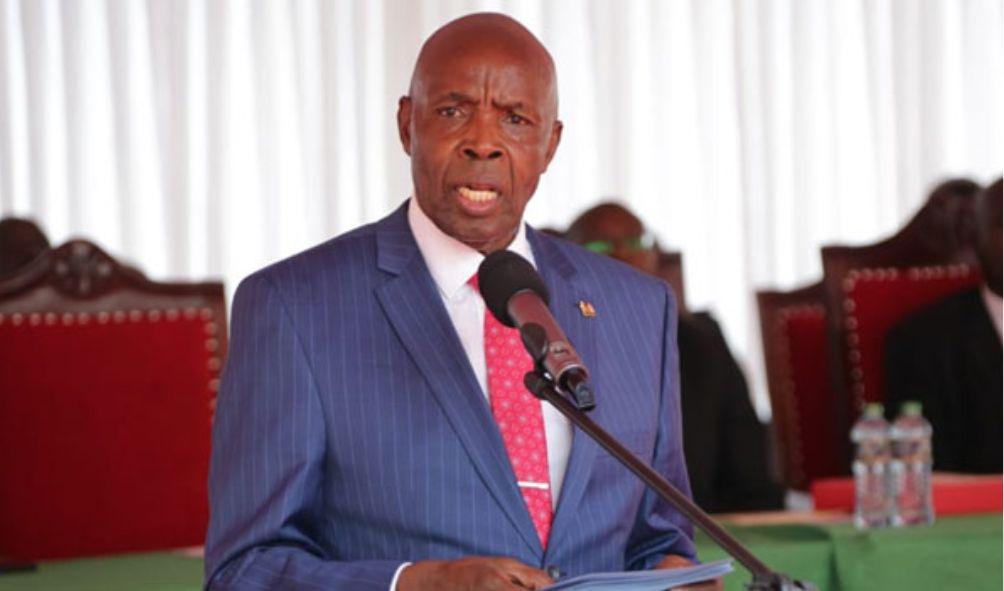KUCCPS Demands Prompt Payment: Universities Given Deadline for Student Fees
Saturday, May 6th, the Kenya Universities and Colleges Central Placement Service (KUCCPS) issued a demand to all Vice Chancellors regarding the cost of education at their respective universities.
Universities had until May 9 to declare the cost of each degree program for 2022 KCSE candidates who had not yet been admitted to higher education, according to KUCCPS.
Dr. Agnes Mercy Wahome, chief executive officer of the Kenya Universities and Colleges Central Placement Service, stated that the declaration is essential for advising students.
During a meeting with President William Ruto on Wednesday, May 3, Dr. Wahome stated that KCSE 2022 candidates would soon be informed of course-specific tuition fees.
Dr. Wahome stated, “We believe universities will soon publish the cost of their courses so that our students can begin planning for their education.”
She explained that the cost of university tuition in Kenya varies by institution and course of study.
Public universities in Kenya typically charge lower tuition fees than private universities.
Higher Education PS Beatrice Inyangala added that by publishing the fees, Kenya Universities and Colleges Central Placement Service (KUCCPS) will be able to list the courses on their website.
About the President’s statement at the unveiling of the new University Funding Model, universities will be required to declare and make public the actual cost of their programs. Dr. Inyangala stated.
The average annual tuition fees for undergraduate programs at Kenyan public universities will range between Ksh50,000 and Ksh150,000 for Kenyan citizens in 2022 and between Ksh200,000 and Ksh400,000 for international students.
Private universities, on the other hand, charge tuition fees between Ksh300,000 and Ksh600,000 per year on average.
ALSO READ: Duale’s Military Devolution: A New Era of Change
In addition to tuition, students must pay fees for registration, examinations, housing, and other miscellaneous expenses.
The cost of living in various regions of Kenya can also vary significantly. With urban students typically incurring higher expenses for housing, food, and transportation.
The Kenyan government offers a variety of financial aid options. Such as loans, bursaries, and scholarships, to assist students with the cost of university tuition.
Some universities also provide financial aid programs for students who may not be able to afford the full tuition cost.
University tuition in Kenya is relatively inexpensive compared to other nations. With access to financial aid options, many students can pursue postsecondary education.
Wednesday, May 3rd, President William Ruto unveiled a new university funding model that will primarily benefit students from low-income households.
Ruto explained that the new model will be student-centered. And that the funds will be channeled through government-facilitated scholarships and loans.
“This new funding model does not affect university tuition. Under the new model, the university allocation for the upcoming fiscal year will increase from Ksh54 billion to Ksh84.6 billion.
“Universities and TVETS will no longer receive block funding as capitation based on differentiated unit costs. Students will receive a combination of scholarships, loans, and family contributions on a graduated scale, he stated.
KUCCPS Demands Prompt Payment: Universities Given Deadline for Student Fees
HEY READER. PLEASE SUPPORT THIS SITE BY CLICKING ADS. DON’T FORGET TO HIT THE NOTIFICATION BELL FOR MORE UPDATES AROUND THE GLOBE.
